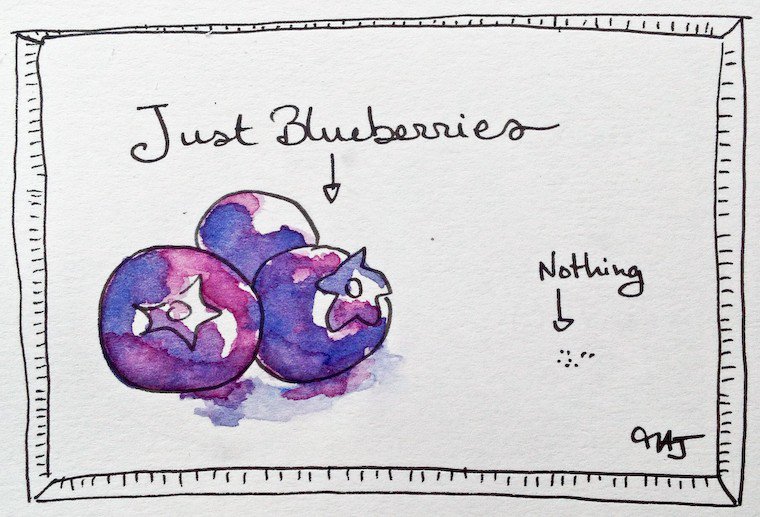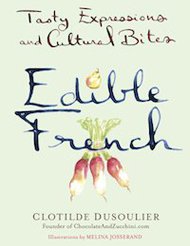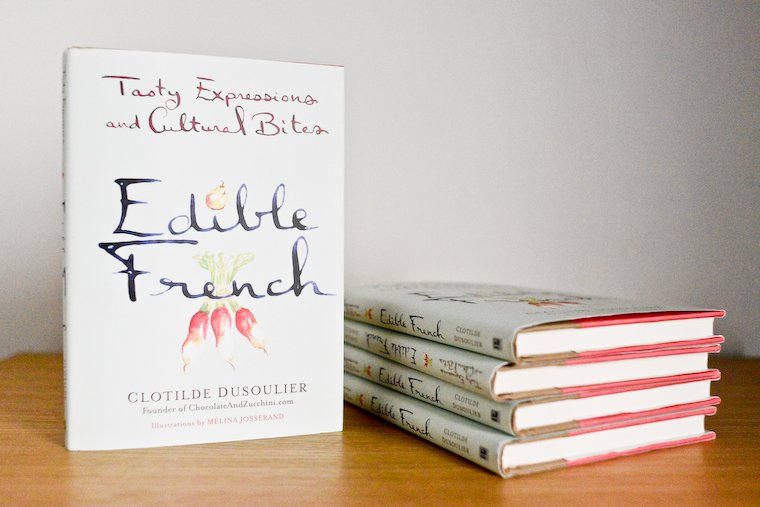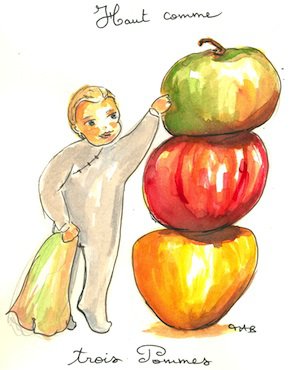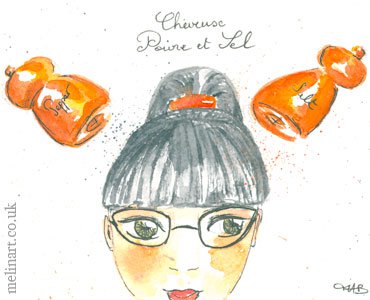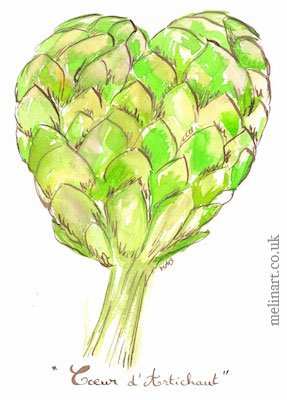Whenever I host a giveaway, I strive to craft a question that will encourage creative and thoughtful responses: this is both so you’ll feel engaged in the conversation and, more selfishly, so I get to read through your entries and learn and smile and be inspired.
When my latest book Edible French came out last fall and I gave away copies, you were entered by submitting your favorite food-related expression in any language you liked.
I know you share my love of languages so I wasn’t surprised to see you come through with dozens of curious and delicious expressions. Since then I’ve been meaning to draw a short selection to highlight in a post, and this is it! Many thanks to all who contributed, and feel free to share more in the comments!
Poland: Letting someone in the raspberry bushes (Wpuścić kogoś w maliny) means that you knowingly set someone up for difficulties, getting lost and confused, losing their way, etc.
Korea: Someone is described as chicken skin (느끼해) when they’re super cheesy. The expression refers to super oily and greasy bland foods that make you feel gross.
Poland: Being served duck blood soup (Czarna polewka) means being rejected romantically. Duck blood soup was served by the parents of the young woman to the man whose proposal was being turned down.
Holland: Having an apple to peel with someone (Hij heeft een appeltje met hem te schillen) means having a bone to pick with someone, i.e. bringing a complaint against someone.
Germany: Having raisins in one’s head (Rosinen im Kopf haben) means having big ideas.
Germany: A freshly baked mom (Frisch gebackene mama) is used for a woman who’s just had a baby.
Spain: Being even in the soup (Estar hasta en la sopa) is said of someone who’s overly present, such as a celebrity appearing in every talk show.
Pakistan/India (Punjabi): You are like a blob of soft butter, a bowl of fresh cream and a crystal of sweet sugar (Makkhan de pedeo, malaai de duneo, mishri di dali) is a flirtatious expression for a pretty village belle.

“One day honey, one day onion”


